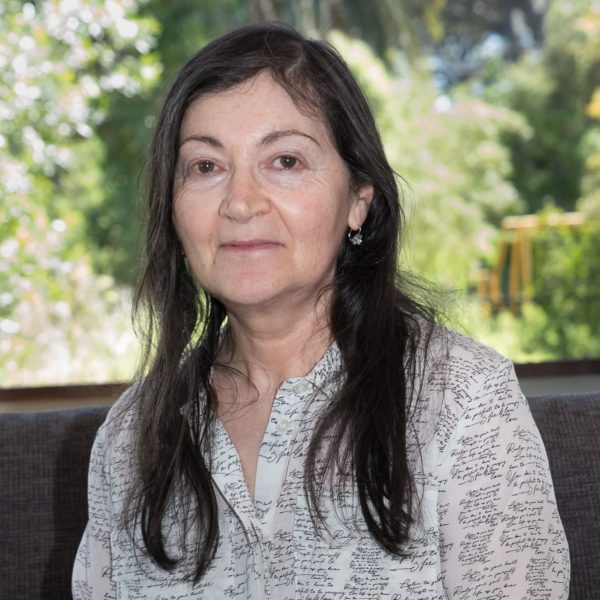My research project falls into the interdisciplinary field of human-animal studies and deals with the discursive formation of human-dog correlation in socio-political discourse. It is a comparative investigation of narratives, primarily literature, film, and media, which represent and problematize the dynamics of cultural perceptions of dogs and human-dog interactions in post-communist post-Soviet and post-colonial post-apartheid societies. Developing my recent work on dogs in Russian culture (Mondry 2015), I focus on two thematic clusters: (i) changing attitudes to police and security dogs, and (ii) growing tolerance and acceptance of dogs as companion species across classes and ethnicities. I aim to identify and analyze representations of these changing attitudes to dogs as species and to dog ownership as companion species as indications of a growing tolerance and democratization in societies overcoming political tensions and cultural prejudices of past eras, highlighting the correlation between political changes and changes in body politics at the intersections of class, ‘race’, disability, sexuality, and gender.
Menu
Related news
Related news
Related publications
Related publications
Journal Article
Mondry, Henrietta. 2019. Dog from the Other Shore: Dangerous Escapades, Animal Rescue and the Ethnic Other in “Salty Dog,” 1960s to 1970s. Slavic and East European Journal, 63(2), 265–284. Retrieved from https://u.osu.edu/seej/63-2/mondry/
Share this project:
Share on whatsapp
WhatsApp
Share on email
Email
Share on facebook
Facebook
Share on twitter
Twitter
Share on linkedin
LinkedIn
Is any information on this page incorrect or outdated? Please notify Ms. Nel-Mari Loock at [email protected].


